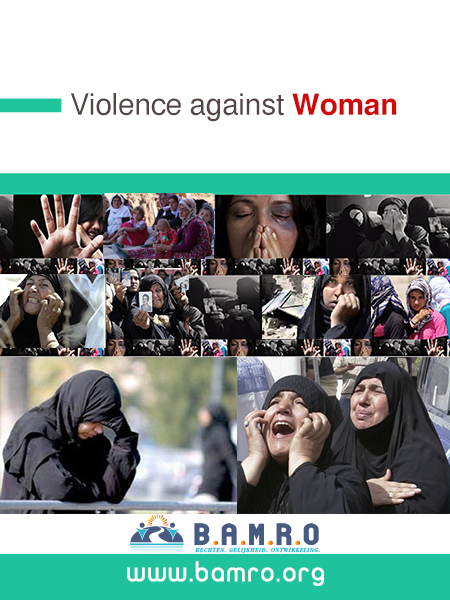Vote
-
For further training via the Zoom program or at our office? ?
Register a
Violation
We you
Contact youS.O.S.
0032 02 7322568Dr. Abdulsamad Mukhlif

International Day of Missing Children – In Peace and in War A Day for Remembrance, Search, and Hope
May 25 – The Forty-Second Commemoration
International Day of Missing Children – In Peace and in War
A Day for Remembrance, Search, and Hope
By: Dr. Abdulsamad Mukhlif
Every year, on May 25, the world turns its attention to one of the most painful human tragedies: missing children.
This year marks the 42nd anniversary since the international recognition of this day in 1983. It is a moment to honor the efforts to find missing children, but also a reminder: behind every missing child is a family fading in silent agony… and a society that must not look away.
Not all disappearances are the result of organized crime or planned abductions. Many cases stem from social, educational, or economic factors:
Poverty and family breakdown: Many children flee their homes due to domestic violence, neglect, or financial hardship.
Lack of parental supervision: Many parents assume home is safe, unaware that danger may come from within or through the digital world.
Digital distraction among adults: Smartphones and social media often cause parents to become mentally absent from their children’s lives.
Missing Children in Conflict Zones: The Forgotten Victims
In the midst of wars and armed conflicts, thousands of children go missing and are never accounted for. These children are neither headlines nor case numbers — they are lost voices in the chaos of violence.
Alarming figures:
According to UNICEF, thousands of children go missing every year in conflict zones. Some are abducted, others forcibly recruited, and many are separated from their families while fleeing attacks or living in displacement camps.
How can we protect them?
Immediate and systematic registration of all displaced or refugee children.
Strict prohibition of child recruitment under any circumstances.
Establishment of a UN body dedicated to tracking missing children in armed conflicts.
Enabling NGOs to access high-risk areas to provide psychological and social support.
We urge the United Nations to designate a specific day to remember and advocate for children missing in armed conflicts — those who played no part in wars but became victims of them.
Is Technology a Foe or an Ally?
While the digital era has introduced new risks like online luring, it also offers powerful tools to track and locate missing children:
Public surveillance cameras
GPS and location tracking apps
Artificial intelligence and facial recognition
Community alert systems such as Amber Alert
Prevention Begins at Home, Not with the Police
When a child goes missing, the police are called. But true prevention starts earlier:
Honest and open communication with children
Limiting screen time — especially for parents
Promoting the culture that “disappearance doesn’t happen suddenly”
Legal Protection: A Collective Responsibility
With the growing number of child disappearances, reactive efforts are not enough. Preventive legal measures are crucial:
Stricter penalties for abductors, negligent guardians, and digital exploiters, including liability for online platforms.
Specific legislation to address child disappearance and parental neglect.
Creation of a national database for missing children to improve coordination and response efforts.
In Conclusion: Give These Children Names, Not Numbers
Missing children are not just statistics. They are sons, daughters, dreams left incomplete.
On May 25, we do not just mark a date —
We cry out: we will not forget, and we will keep searching… in peace and in war.
Listings
- 1
- 2
- 3
- 4
- 5









